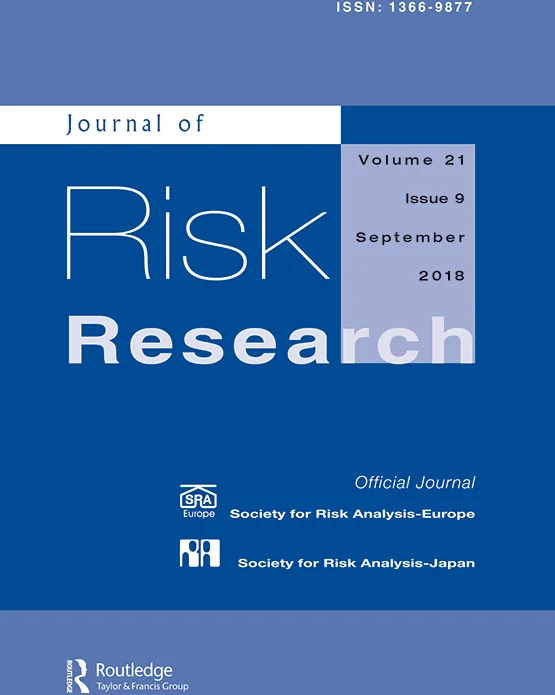Trust, distrust and radioactive waste management in contemporary Russia
IF 2.4
4区 管理学
Q1 SOCIAL SCIENCES, INTERDISCIPLINARY
引用次数: 2
Abstract
Abstract Trust in public institutions in Russia is notoriously low. Yet trust in nuclear energy is, on the contrary, very high, with two-thirds of the population supporting its continued development. To understand this apparent paradox this article explores the meanings of trust with regard to the recently started process of siting repositories for radioactive waste (RW) in Russia as they are articulated in corporate and social contexts, in particular in the “closed” nuclear cities that will be the sites of repositories. We focus on the ways in which trust is defined by the promoters of the projects and by the residents of the hosting communities during public hearings related to the plans to build nuclear waste disposal facilities at a dozen of newly proposed sites. We argue that the hearings are less about trust building per se as they are about accommodating and neutralizing distrust by emphasizing the absence of better alternatives. Using examples from hearings, we discuss three main dimensions of trust: interpersonal, institutional and ideological, as we show the importance of the ideological component of trust that partially compensates for strong institutional distrust.当代俄罗斯的信任、不信任与放射性废物管理
在俄罗斯,公众对公共机构的信任度是出了名的低。然而,与此相反,人们对核能的信任度非常高,三分之二的人口支持核能的继续发展。为了理解这一明显的悖论,本文探讨了信任的意义,关于俄罗斯最近开始的放射性废物储存库选址过程,因为它们在企业和社会背景下是明确的,特别是在将成为储存库的“封闭”核城市。我们的重点是在有关在十几个新提议的地点建造核废料处理设施的计划的公开听证会上,项目的发起人和主办社区的居民如何界定信任。我们认为,听证会本身不是关于建立信任,而是通过强调缺乏更好的替代方案来适应和消除不信任。利用听证会上的例子,我们讨论了信任的三个主要维度:人际、制度和意识形态,因为我们展示了信任的意识形态组成部分的重要性,它部分补偿了强烈的制度不信任。
本文章由计算机程序翻译,如有差异,请以英文原文为准。
求助全文
约1分钟内获得全文
求助全文
来源期刊

Journal of Risk Research
SOCIAL SCIENCES, INTERDISCIPLINARY-
CiteScore
12.20
自引率
5.90%
发文量
44
期刊介绍:
The Journal of Risk Research is an international journal that publishes peer-reviewed theoretical and empirical research articles within the risk field from the areas of social, physical and health sciences and engineering, as well as articles related to decision making, regulation and policy issues in all disciplines. Articles will be published in English. The main aims of the Journal of Risk Research are to stimulate intellectual debate, to promote better risk management practices and to contribute to the development of risk management methodologies. Journal of Risk Research is the official journal of the Society for Risk Analysis Europe and the Society for Risk Analysis Japan.
 求助内容:
求助内容: 应助结果提醒方式:
应助结果提醒方式:


